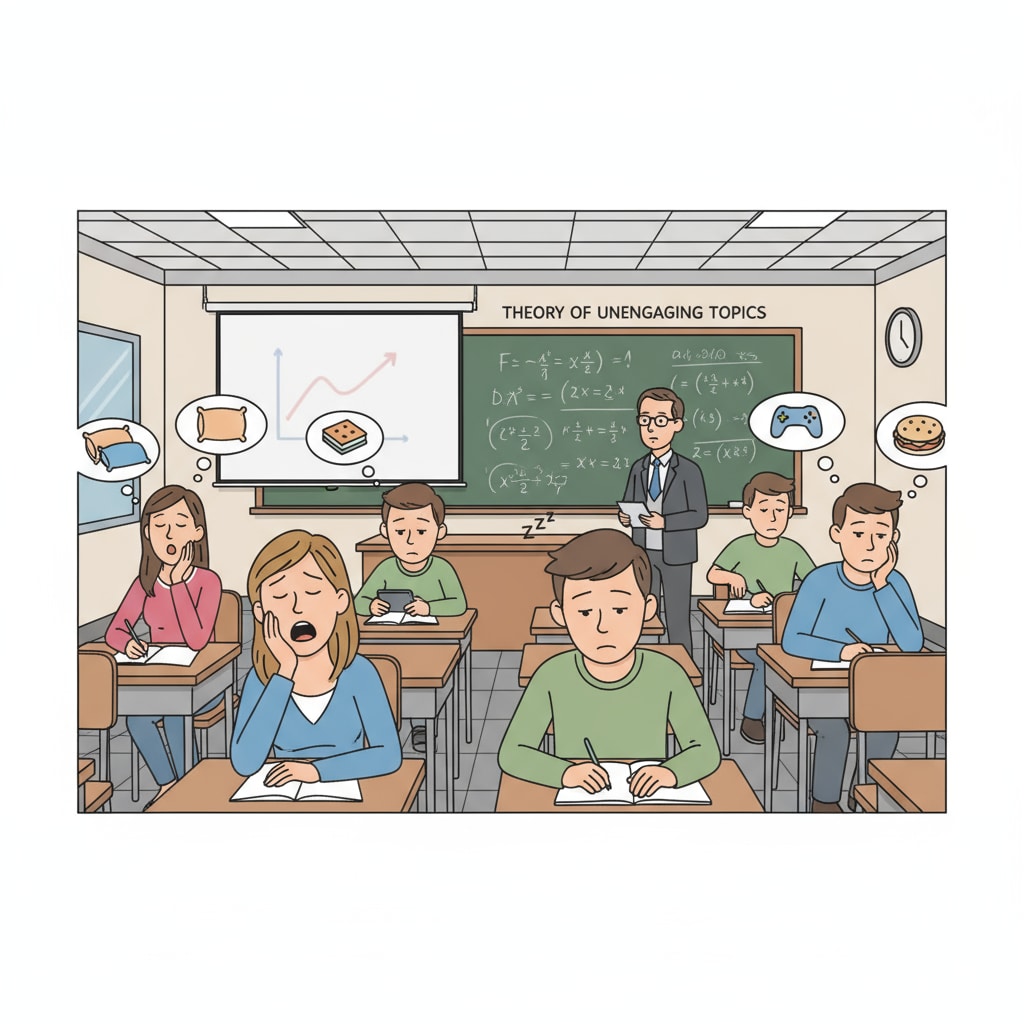In the realm of modern education, the school system, with its emphasis on obedience and standardized testing, often finds itself at odds with the natural curiosity of students and the pursuit of real learning. This disconnection is a pressing issue that demands our attention.

The Tyranny of Obedience in School Systems
From the early days of K12 education, students are indoctrinated into a culture of obedience. The classroom environment is structured in a way that values quietness, following rules, and conforming to the teacher’s instructions. For example, students are expected to raise their hands before speaking, sit still in their seats, and complete tasks in a prescribed manner. As a result, this focus on obedience can squelch the natural curiosity that children bring to the learning environment. According to Wikipedia’s Education page, true learning thrives on exploration and questioning, which are often discouraged in an obedience-driven system.
The Death of Curiosity
Curiosity is the spark that ignites the flame of learning. However, the modern school system, with its standardized curriculum and assessment methods, often extinguishes this precious spark. Students are more concerned with getting good grades to meet the system’s requirements rather than pursuing knowledge out of genuine interest. As Britannica’s Education article points out, when students are constantly pressured to perform well on tests, their natural curiosity takes a backseat. This leads to a situation where learning becomes a chore rather than an enjoyable journey of discovery.

The belief that good grades equal a successful life is deeply ingrained in our society. But this narrow view of success fails to account for the importance of real learning, which involves developing critical thinking, problem-solving skills, and a love for learning. We need to challenge this traditional观念 and strive for an education system that nurtures each student’s unique potential.
Readability guidance: Each section clearly presents a key aspect of the problem. Short paragraphs make the content easy to digest, and external links provide additional resources for further exploration. Transition words like ‘however’ and ‘for example’ help to connect ideas smoothly.


